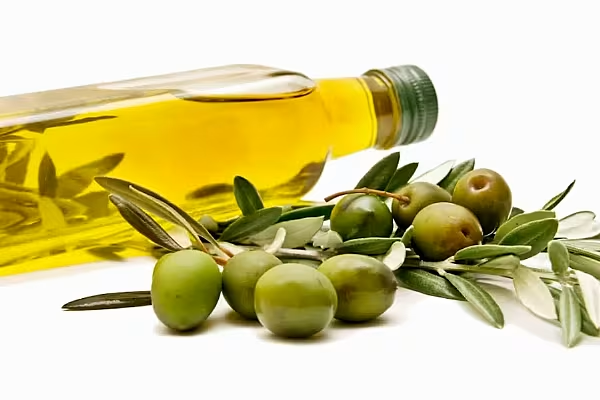Olive oil production in Italy and Europe is set to reach record lows this year, due to climate-, structure- and contingency-related factors, according to reports.
In Italy, production of the 2022-3 vintage is approaching the historical minimum of about 200,000 tonnes a year, compared to the 700,000 tonnes a year registered in the early 2000s, reports Il Sole 24 Ore.
Italy, besides being an important consumer of olive oil – on average, households buy 600,000 tonnes a year – is also a major exporter (exporting around 400,000 tonnes).
As Italy does not have enough production to meet the annual demand of one million tonnes, it mainly exports mixtures of extra-virgin oil produced in Italy and that of different origins.
Olive production has experienced a significant negative impact from drought this year, in addition to the effects of autumn rains and insect infestations, which also impacted various production areas of Europe.
Spanish Olive Oil Production
Elsewhere, Spain is also set to record a sharp decline in production, with fewer than 900,000 tonnes expected this year. This follows several years of continuous growth, with production always above one million tonnes, reaching a record 1.8 million in 2013 and 2018.
The effect of this can already be seen with a reduction in supply and the consequent increase in prices.
The situation is no better in the rest of the Mediterranean, with both Portugal (-40%) and Tunisia (-16%) also registering drops in olive oil production.
Although other markets in the region are growing, such as Türkiye, Egypt, Morocco, Algeria and Libya, their numbers are still far behind the quantities produced by established producers.
Modernisation Plan
The main difficulties that representative group Assitol has identified in Italy include the fact that much production is centred on small farms of 1.6 hectares, with an absence of efficient and sustainable production methods.
According to the organisation, a modernisation plan is needed, ‘centred on the renewal of production facilities and processes, investment and greater professionalisation of workers, and precision agriculture to combat climate change.’
© 2022 European Supermarket Magazine – your source for the latest supply chain news. Article by Branislav Pekic. Click subscribe to sign up to ESM: European Supermarket Magazine.













